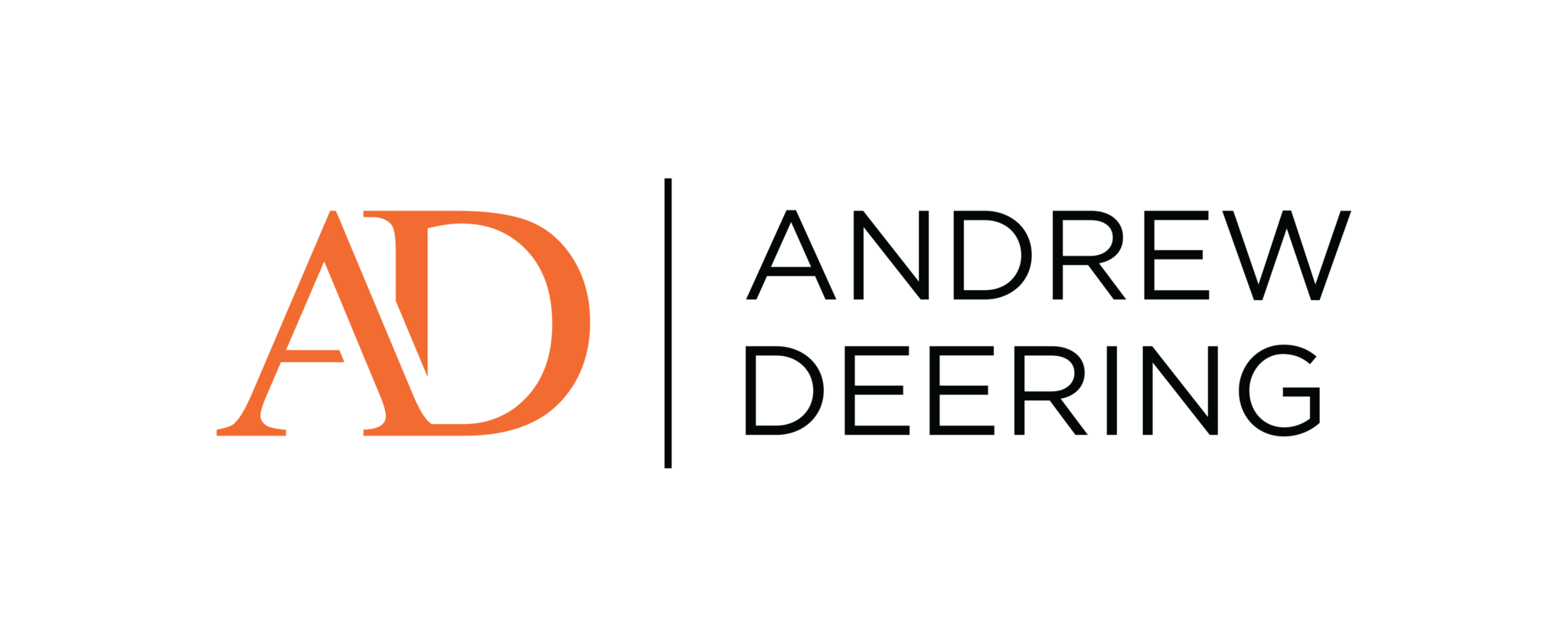
24 Sep Why be a Lifelong Learner?
“The more I live, the more I learn. The more I learn, the more I realize, the less I know.”
- Michel Legrand
We’ve all had the opportunity to learn. We’ve gone to primary school, secondary school, perhaps to university or a technical college. We’ve learned, been trained, developed skills. Some of us received hands-on work experience before venturing out into the big, wide world, leaving our days of structured learning behind.
After that, we no longer consider ourselves students. We’re adults, workers. Sometimes, we’re promoted to senior levels, or we start our own businesses. We rarely go back to school, and we often don’t take up any other formal learning opportunities.
The Oxford Dictionary defines learning as “the acquisition of knowledge or skills through study, experience, or being taught.”
But what about lifelong learning? What does it mean and how does it apply to us?
To me, lifelong learning goes beyond our formal frameworks to become our choice. There is so much more opportunity for rich and meaningful education beyond our schools and tertiary learning structures. Learning becomes something we can choose to do mindfully, purposefully, to develop ourselves as people, workers and business owners.
What is lifelong learning?
“Anyone who stops learning is old, whether at 20 or 80.”
- Henry Ford
Sitting here now, after racking up nearly half a century, I know I still have so much to learn – much more than I have learned up to this point in my life. Learning never ends.
The Collins Dictionary defines lifelong learning as:
“The provision or use of both formal and informal learning opportunities throughout people’s lives in order to foster the continuous development and improvement of the knowledge and skills needed for employment and personal fulfilment.”
Interesting. The Cambridge Dictionary’s definition is a little shorter:
“The process of gaining knowledge and skills throughout your life, often to help you do your job properly.”
The challenge I have with both definitions is they have a bias towards lifelong learning being essential for work. As we explored in a previous blog post, work is an important part of our lives, but it’s not the only one. Lifelong learning has a role to play in all critical elements of our lives: work and money, family and friends, health and fitness, spiritual and mental wellbeing, adventure and growth.
The question we need to ask ourselves is: how are we learning in these areas?
I think Wikipedia’s definition of lifelong learning gets closer to the conversation we need to have:
“The ‘ongoing, voluntary, and self-motivated’ pursuit of knowledge for either personal or professional reasons. Therefore, it not only enhances social inclusion, active citizenship, and personal development, but also self-sustainability, as well as competitiveness and employability.”
This is the kind of definition I think will allow us to have a much broader conversation about lifelong learning and how we can apply it to our lives. It puts our life’s goals in focus. It helps us reflect on what we want to continue to do, what we want to change, and how we can become better than we are today.
Curiosity: The heart of life-long learning
“Self-education is lifelong curiosity.”
- Lailah Gifty Akita
At the core of lifelong learning is curiosity. Our desire to explore and understand the world around us is what helps us develop and grow. It opens doors to new ways of thinking and doing.
Psychology Today says curiosity is a “hidden force that drives learning, critical thinking, and reasoning” throughout our lives. “It not only gives children an advantage in school, but today’s business leaders agree that it is also at the heart of thriving organizations.”
In The Ideal Team Player, Patrick Lencioni says the ideal team player – or worker, or community member – embodies three virtues: humility, hunger and smarts. To me, hunger is about curiosity, that need to understand more, be more and do more. As team players, leaders, workers, and community members, curiosity is what motivates us to improve.
The benefits of life-long learning
Lifelong learning is critical for us to reach our goals. It can also benefit us in many other ways.
In terms of our health, research shows that intellectual stimulation can delay the onset of Alzheimer’s disease symptoms. It is also associated with improved memory in older people and lower stress levels across every age group.
We also position ourselves for greater wealth by being lifelong learners. In a world where automation is predicted to replace 50% of jobs by 2025, lifelong learning is essential.
But just as importantly, learning helps us identify what we want to do. We deepen our natural abilities, develop new ones, open our minds and discover our passions. Why are we here on this planet? What’s our purpose? What makes us excited? Can we earn a living from these things?
Even if we can’t make a career out of our new learnings, it is not a wasted experience – we have made our lives richer for learning something new and enjoyable.
How do we become lifelong learners?
There are many ways we can continue our learning experience. Some of these are formal (university, TAFE, registered training organisations); others are informal (non-accredited, online courses).
Then there are opportunities to learn that don’t involve courses, certificates or workshops. Some of these include:
• Travel. Travel has never been easier and more accessible than it is today. Each time we travel, we expand our world, we grow, we engage with different cultures, and we learn something new.
• Community service. Volunteering is a wonderful way to engage the brain and do something beyond our norm. When we serve our communities, we learn new skills, gain new insights and become more effective communicators.
• Exercise. You may have heard the saying, “healthy body, healthy mind”. In fact, there is a strong link between physical activity and cognitive function. Research shows that the basic cognitive functions of attention and memory, which facilitate learning, are enhanced by physical activity.
• Relationships. We learn from those we are closest to – our partners, children, parents, friends and colleagues. It’s crucial that we truly listen to and engage with the people in our lives.
• Mentors. Having a mentor is a fantastic way to develop our professional practice. They’re the people who have been there, done that, and are willing to share their wisdom and experience.
• Reading. We must never stop reading. Books can help leaders “improve their skills, broaden their outlooks and grow their businesses.” They also offer a pleasant escape from our hectic lives. No matter what we read or why, we always learn something.
And once we have learnt something, the experience doesn’t end there. It’s critical we apply what we have learnt. We need to work out how we can use what we have learnt in a way that serves ourselves and others.
At the heart of this conversation is the fact that lifelong learning adds meaning to our lives. We are often so busy and consumed by what we must do “right now”, we lose that feeling of fulfilment. Lifelong learning allows us to be present.
Importantly, lifelong learning encourages us to reflect on why we’re here, what we’re here to do, and how we can help ourselves and others.
In the words of Brian Tracy, “Those people who develop the ability to continuously acquire new and better forms of knowledge that they can apply to their work and to their lives will be the movers and shakers in our society for the indefinite future.”
So, how are you keeping abreast of the changes in your life and work? Are you a lifelong learner, ensuring you are relevant now and in the future?
I’d love to hear your thoughts.
Be kind, be well, be true, be you.
Andrew Deering
Organisational Capability Expert
Coach | Facilitator | Author of Creating the SHIFT
0459 806 046
ad@thedeering.com
Did you find this useful?
If you did, you might find my newsletter valuable. I share my reflections, thoughts and other things I hope are useful regularly via this medium.
If you’d like to subscribe, fill in this short form. I look forward to connecting there and continuing the conversation.
p.s.
If you’d like to keep the conversation going, there are a few other ways we can stay connected.
Get your copy of my book, Create the SHIFT
Click here to get a copy – or reach out via email.
Stay connected
I share my reflections, thoughts and other things I hope are useful on LinkedIn every day, along with a number of other platforms.
Lets talk
If you’re interested in working together, give me a call or send an email. I’d love to have a conversation with you.

